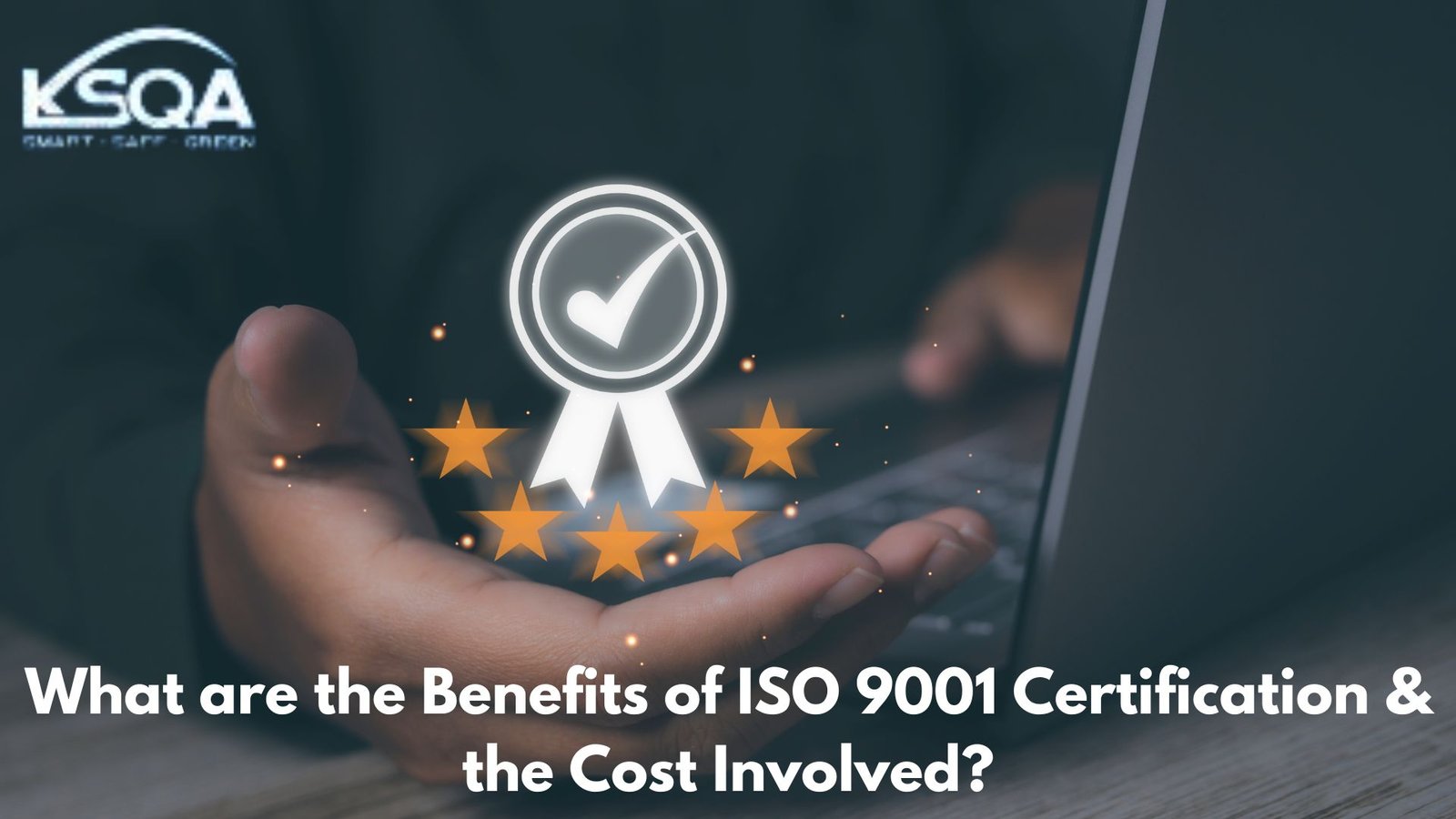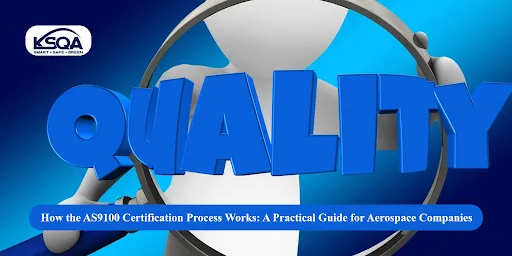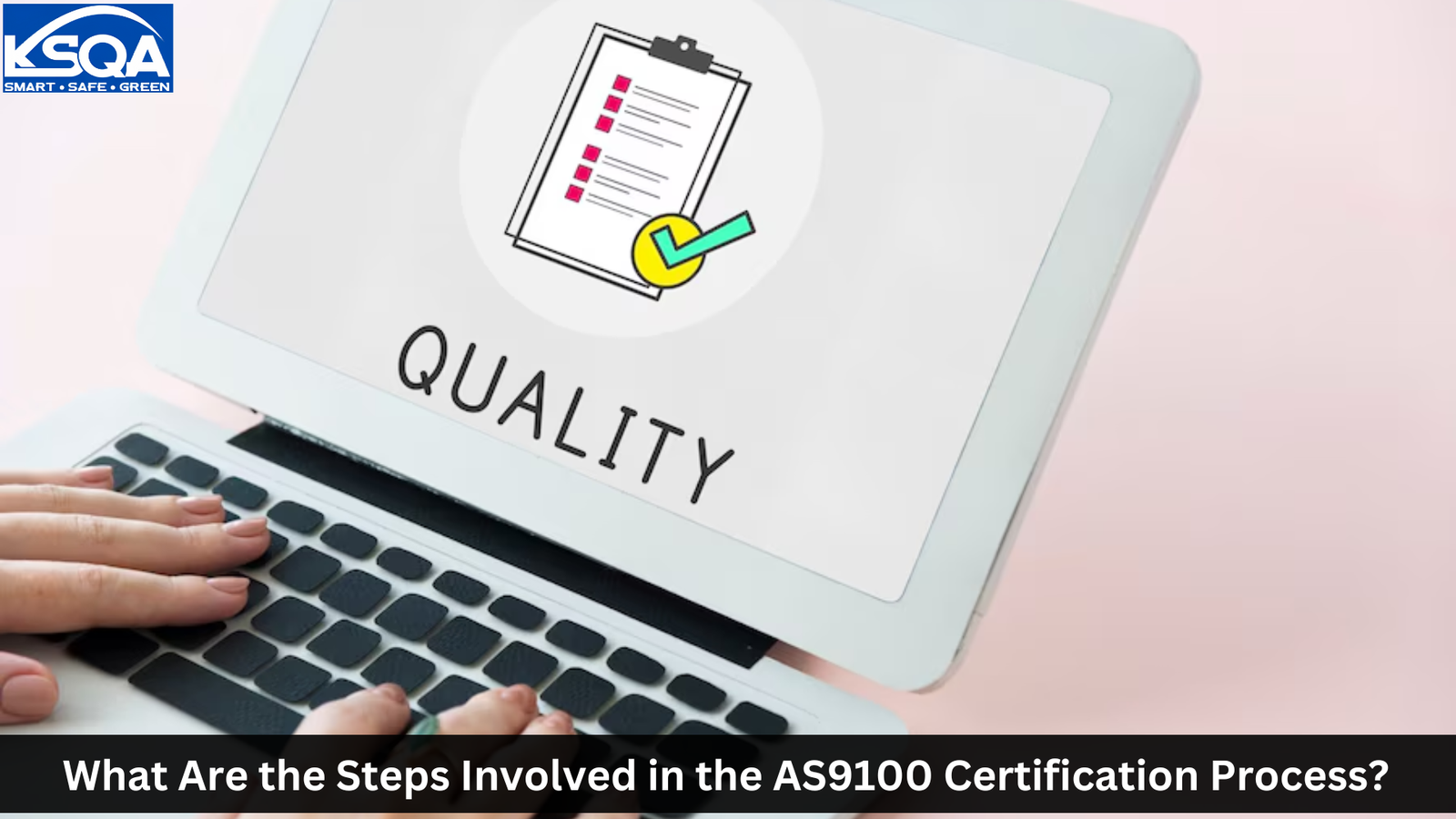A company being awarded an ISO 9001 certification is a widely known international standard in the practice of QMS and brings various advantages for improving the company’s performance, the satisfaction of consumers, and the availability of new opportunities in the niche.
In this blog, we will discuss the major benefits of ISO 9001 certification and explain why it is worth it. We will focus on how ISO 9001 can improve the operations of your business. In addition, we will discuss the various ISO 9001 certification costs involved in certification.
Confused about ISO 9001 Certification? Here are the Advantages of ISO 9001 Certification!
Desirable stakeholders’ perceptions, along with the company’s internal functioning, can benefit from ISO 9001 certification.
Here are some key benefits of ISO 9001 certification:
Quality Management: ISO 9001 is used to create a roadmap for the establishment of a sound quality management system that increases product or service quality and decreases chances of making mistakes.
Better Consumer Satisfaction: ISO 9001 shifts the focus to the customers and the things they need or expect to receive, making customer satisfaction and customer relationships stronger.
Enhanced Efficiency: The standard emphasizes the efficiency of processes and their ongoing improvement, which may translate into enhancements in productivity, more efficient use of resources, and thus cost savings.
Competitive Nature: Its achievement can mark a business as unique and preferred by potential clients and partners who shall be assured of quality and reliability.
Meeting Legal Regulatory Standards: Having the certification also entails that your business complies with existing legal and other requirements to a large extent, minimizing the risks of non compliance.
Boosting Staff Engagement and Morale: Applying ISO 9001 means promoting the continual improvement of the quality that promotes employees’ engagement, motivation, and satisfaction.
Risk Management: It also allows for managing risks that consequently contribute to the steadiness and stability of business processes.
Better Supplier Relationships: It enables the identification of better suppliers by comparing their performance and quality standards, thus enhancing their reliability with the organization.
Global Recognition: ISO 9001 is an international standard; getting this certification can prove the credibility of your business and help with expanding to new markets.
Data-Driven Decision Making: The standard therefore focuses on the measurement and analysis of the information as a tool used in business decision making process.
Improved Documentation: ISO 9001 calls for documentation of activities and procedures; documentation practice contributes to knowledge transfer and learning.
Greater Accountability: Well-defined responsibilities in the context of QMS improve accountability and guarantee that all the employees understand the organization’s quality goals.
Altogether, the benefits of ISO 9001 certification are considerable to your enterprise and define the perspectives for its development.
What are the Various ISO 9001 Certification Costs?
The structure of ISO 9001 certification costs is influenced by many factors, ranging from size and structure of the organization to the level of certification sought and the certification body.
Here are the main types of costs involved:
Consultancy Fees: The engagement of a consultant to assist with certification can cost a few thousand to tens of thousands of dollars, depending on the consultancy and work done.
Training Costs: While implementing the training of your employees about ISO 9001, you may incur costs such as outside training that may cost from a few hundred dollars to several thousand dollars or internal training.
Internal Resource Costs: This is the time and effort of your internal staff that has been used in the design and implementation of the Quality Management System (QMS). Such expenses might also presuppose additional consumables or temporary personnel needs.
Implementation Costs: Costs incurred in modifying procedures, tools, and documents in compliance with the provisions of ISO 9001 might involve software, changes to processes, or even new tools and equipment.
Certification Body Fees: The fees associated with the certification body include the first audit, which can cost as little as a few thousand dollars to more than ten thousand dollars. But there are also annual surveillance audit fees and a re-certification audit fee every three years.
Pre-Assessment Audit Costs: Some organizations might decide to conduct a preliminary audit to determine the areas that need improvement before the certification audit to bring in extra charges.
Ongoing Maintenance Costs: The annual certification cost is relatively low, but sustaining ISO 9001 includes costs incurred through internal audits, management reviews, and improvements, which are ongoing.
Documentation and Record-Keeping Costs: Costs that are incurred in the development, revision, and sustaining of other documents and records to ISO 9001.
Corrective Action Costs: Once non-conformities are noticed during audits, there are costs that may be required to address them and rectify the problems.
Documentation and Printing Costs: At times, the costs that may be required in the manual, policy and procedure development, writing and printing, and then distribution may be high.
Communication and Change Management Costs: Costs that might be incurred in internal communication and change management processes to ensure that all personnel are apprised of and are receptive to the enhanced quality management procedures.
Legal and Compliance Fees: Some costs that may be incurred include recruiting legal or compliance personnel to assess your QMS to make sure it complies with the requirements.
Overall, these different ISO 9001 certification costs are also helpful when creating a financial plan/overview, as well as when it comes to setting up and sustaining ISO 9001.
Conclusion
Benefits of ISO 9001 certification include enhanced aspects like quality management, customer satisfaction, and operation excellence.
Despite the fact that there are many ISO 9001 certification costs associated with attaining certification, such costs are offset by the benefits in the long run.
Facing problems with Quality Management and Customer Satisfaction? KSQA is always willing and capable to change the face of your business.
We will assist you in the improvement of your quality management system, increasing your customer satisfaction and efficiency. No matter whether it is a consultation, training, audit, or compliance service, we are always by your side. Call us today!



.png)

.jpg)

